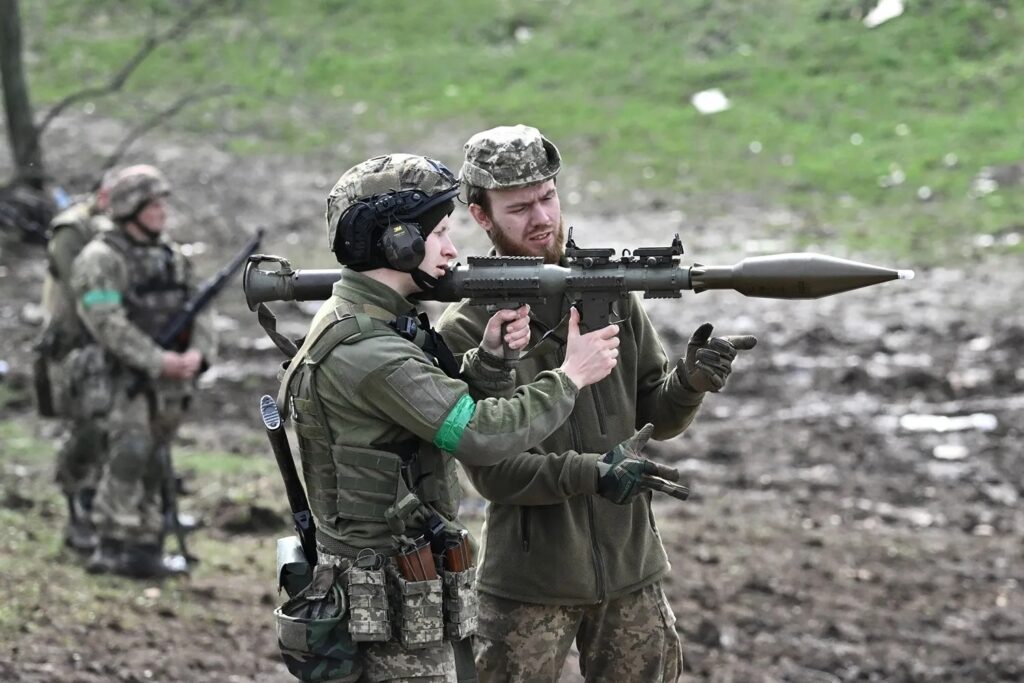US officials have expressed concerns regarding the battlefield tactics Ukraine is using to combat invading Russian forces.
Speaking on condition of anonymity, the officials told The New York Times that Kyiv has been deploying too many troops in the wrong places.
They said the country’s best combat units are being sent equally to the east and south when they should concentrate more in the south where heavy fighting normally occurs.
By not consolidating its power in the right areas, the war-torn nation is reportedly struggling to achieve its main goal of cutting off Russian supply lines in southern Ukraine by damaging the bridge connecting Moscow and the Crimean Peninsula.
The officials urged Ukraine to concentrate on Melitopol and Berdiansk in the south, which are “far more strategically significant fronts” than Bakhmut in the east.
‘A Change of Tactics’
Ukraine’s counteroffensive has been under strict scrutiny due to its slow progress and “small gains.”
Despite the help of billions of dollars in Western military equipment, “not much” has changed as Moscow still occupies nearly one-fifth of Ukraine, according to an analysis by BBC.
One US official claimed that only a change of battlefield tactics can alter the tempo of the counteroffensive.
Kyiv’s forces should reportedly start to push through the vast minefields left behind by Russia, even if it leads to more casualties and damage, the source said.
Earlier this year, several international military observers said Ukraine’s counteroffensive strategy against Russia is a “suicide mission.”


‘In Jeopardy’
Ukraine authorities have shut down critics of the three-month counteroffensive, saying “everyone” has suddenly become an expert on how the country should fight.
The country’s defense ministry responded by saying “no one understands this war better than we do.”
However, military experts are cautioning that the slow progress in the counteroffensive could lead to Kyiv getting less support from Western countries.
“Politicians are realizing that it is not going to be a short war and it will most likely take many years to support Ukraine,” King’s College London war researcher Marina Miron explained.


